
Statistics show that you have about a three percent chance of having twins. But you have to keep in mind that those statistics include women who had invitro fertilization to get pregnant, as well as those who took ovulation-stimulating drugs like Clomid. Because statistics refer to the chances of anyone in a population to have twins, and not to your personal odds, it is questionable how reliable they are in determining your chances of getting pregnant with twins. There are a few factors that contribute to your chances of having twins, or even triplets or quadruplets. These include your family history, your partner's, your age, any assisted fertility treatments you underwent in order to get pregnant, or fertility drugs. The older you get, the higher your chances of having twins. According to some sources, women over 50 who get pregnant actually have a one in nine chance of having twins!
If you really want twins, the only semi-reliable way of making it happen is having IVF. But even that does not guarantee twins. And if you would prefer not to have twins, keep in mind that nature can be full of surprises and that just about anyone can end up with twins. For more information about twins, read expecting twins what you need to know about your pregnancy. And for a great celebrity twin story, see Celine Dion gives birth to twins!



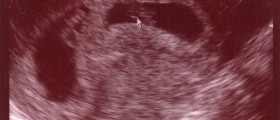


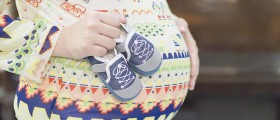
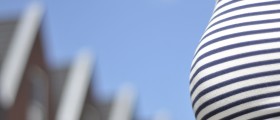
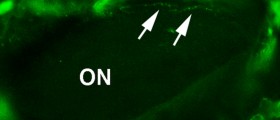
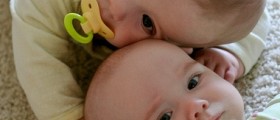


_f_280x120.jpg)
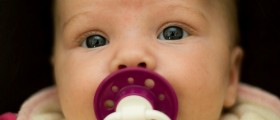

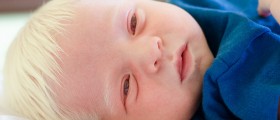

Your thoughts on this
Loading...